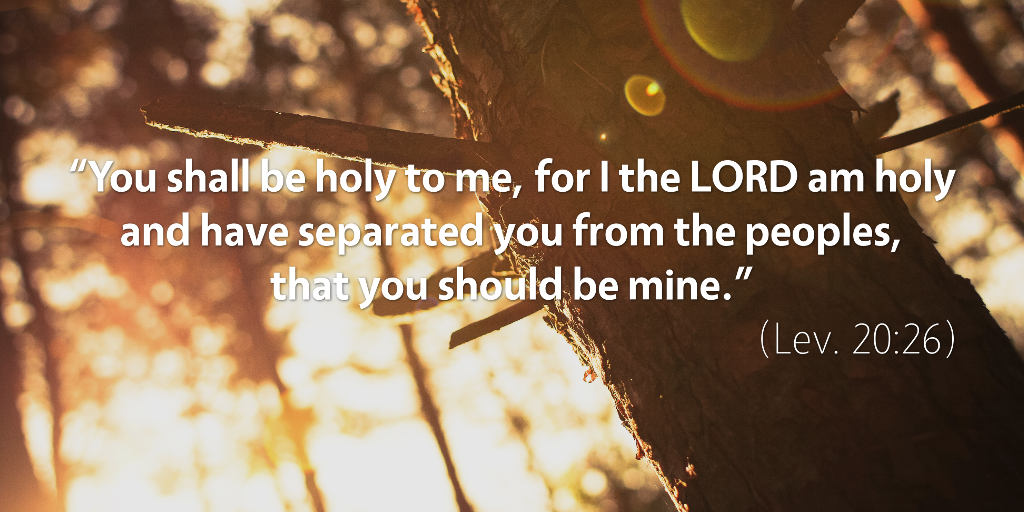Bible Readings for April 16th
Leviticus 20 | Psalm 25 | Ecclesiastes 3 | 1 Timothy 5
The majority of Leviticus 20 focuses on Yahweh’s prohibitions against four kinds of wickednesses: child sacrifice (Lev. 20:1–5), mediums and wizards (Lev. 20:6, 27), cursing one’s father or mother (Lev. 20:8), and sexual immorality (Lev. 20:10–21). These laws are set in the context of a larger section of laws in Leviticus 11–22 about how Israelites were to seek personal holiness.
Also, as Yahweh explained in Leviticus 18:3, 24–25, and 27–28, it is not that these abominations were theoretical possibilities of sin that might beset Israel; rather, the specific things that Yahweh forbids were standard behavior for the nations that would surround Israel in the Promised Land (Lev. 20:23).
And again, just as in Leviticus 18:24–28, we see another warning that engaging in these abominable acts would lead the land itself to vomit Israel out, just as the land was about to vomit out the Canaanites—precisely because they were doing all these things (Lev. 20:22). As we might suspect from this repeated emphasis, there is an important, underlying theological principle not only behind the laws themselves but behind the blessings Yahweh promised for obedience as well as the cursings that Yahweh promised for disobedience.
The principle is this: the Promised Land was to be the holy place where the holy God would dwell with his holy people. The Promised Land was far more than a reward for good behavior. It was more than a carrot to entice Israel to follow through with obedience to his commandments. In fact, the Promised Land was to serve as the renewed Garden of Eden.
So, if Israel kept the terms of God’s law, they would be able to continue living in the Garden of Eden, just as Adam and Eve would have continued living in the Garden of Eden if they had kept the terms of God’s law to them not to eat of the tree of the knowledge of good and evil. And on the flipside, just as Adam and Eve were expelled from the Garden of Eden for disobedience, so Israel would eventually be vomited out of the land for their disobedience.
Yahweh’s demands are straightforward: “You shall be holy to me, for I the LORD am holy and have separated you from the peoples, that you should be mine” (Lev. 20:26). Yahweh has chosen and called a people to himself to be holy—that is, separated for a special purpose—and he therefore demands that they obey him in holiness.
And we who have been bought with the blood of Jesus receive the same charge: “As obedient children, do not be conformed to the passions of your former ignorance, but as he who called you is holy, you also be holy in all your conduct, for it is written, ‘You shall be holy, for I am holy’” (1 Pet. 1:14–16).
Podcast: Play in new window | Download (5.0MB) | Embed
Subscribe: Apple Podcasts | RSS | More

Scripture quotations are from The Holy Bible, English Standard Version copyright © 2001 by Crossway Bibles, a division of Good News Publishers. Used by permission. All rights reserved.


